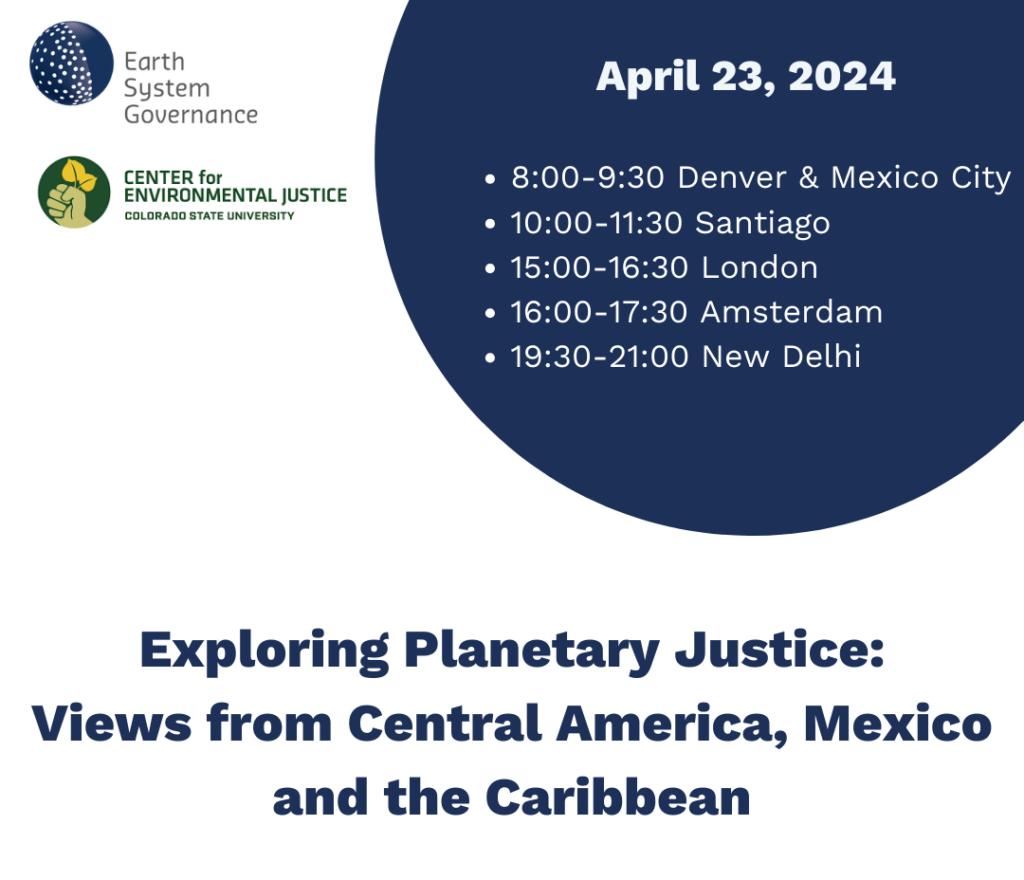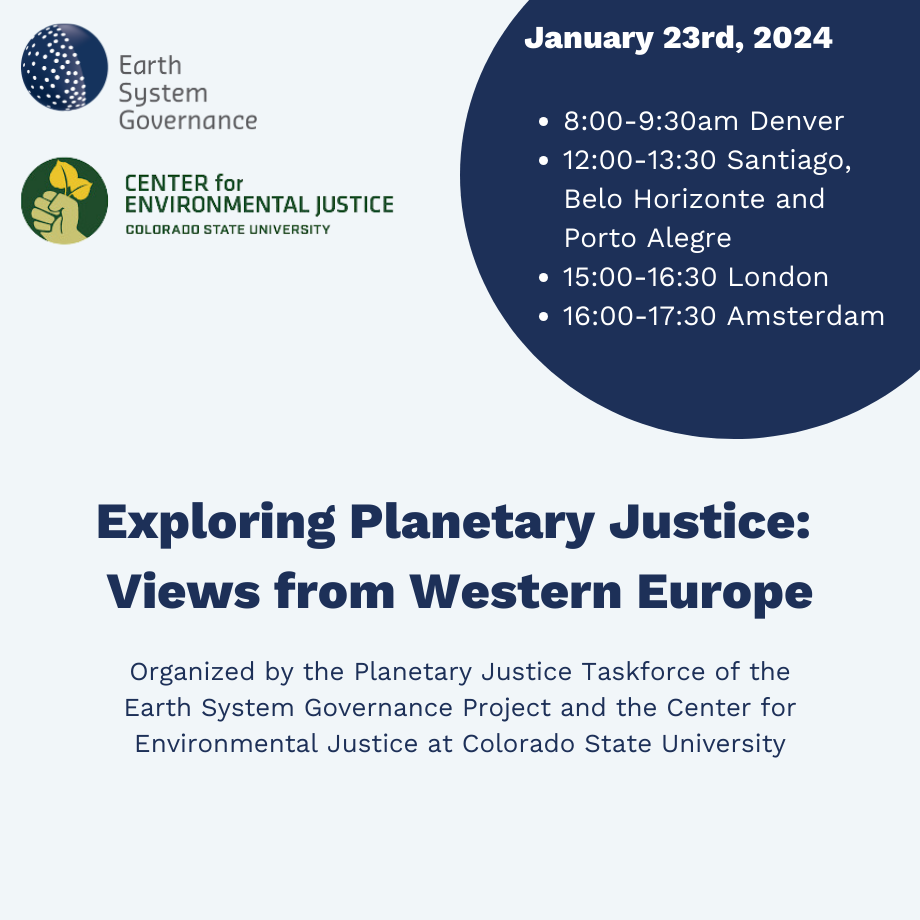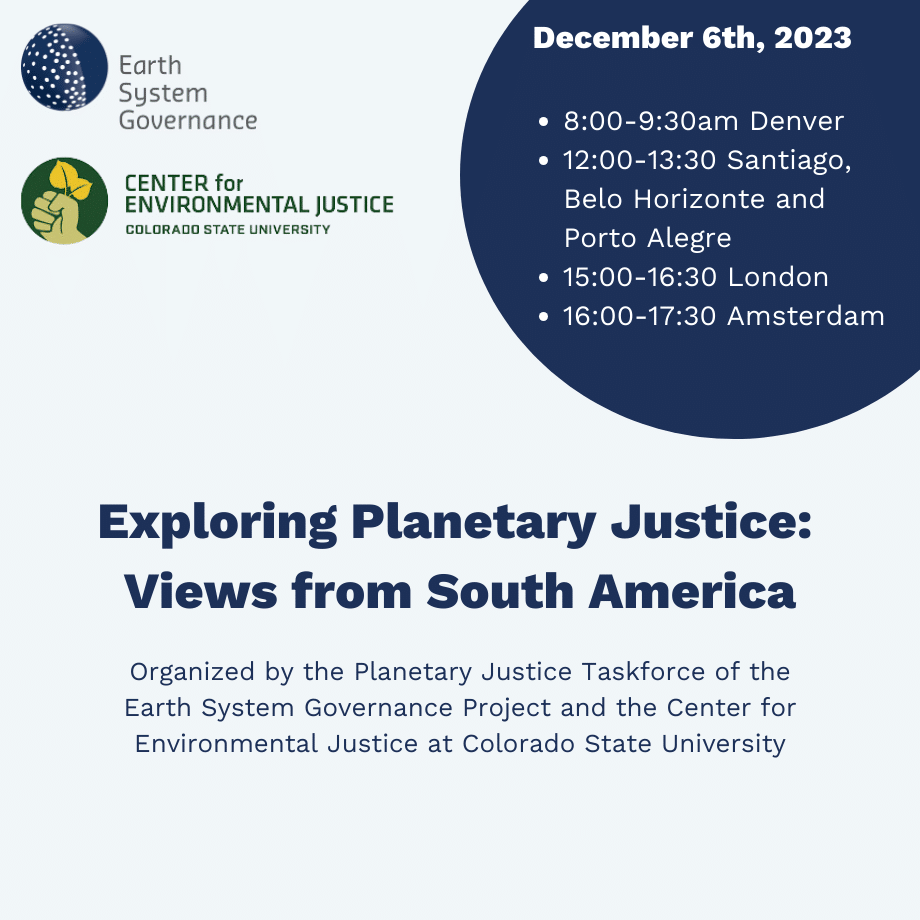Context and Aim
Presently natural resources discourse is flooded with security jargon and rhetoric. This is especially prominent in the water discipline, where a connection between water scarcity and conflict is often implicit. Still the use of such rhetoric has been criticized by several skeptics. Some have argued that discussing water in security terms is a means for recruiting greater support for measures with political aims. Even when the use of such jargon is for the sake of the environment, some argue that it can discourage critical thinking regarding which environmental problems are serious and which are trivial. The fear is that inequalities will be perpetuated since stronger actors will ultimately succeed in pushing through their agendas by using the securitization process. Hence it is often argued that if these detrimental implications are real, then water regimes should be de-securitized.
Despite the many calls to de-securitize natural resource regimes (such as water), there are just a handful of studies that have rigorously examined if, how and why regimes pertaining to natural resources are securitized as well as the implications of this process on the operation of water management regimes. In water governance literature, the situation is also bleak due to the lack of studies examining how the larger geo-political context is embedded within water regimes and treaties. This workshop and public event will use many of the insights gained through the EU-funded project on Climate Change, Hydro-conflicts and Human Security (http://www.clico.org/) to apply a critical approach to the securitization process by identifying: 1) the rationale behind the securitization process, 2) the probable countries, resources and political contexts that are prone to securitization, 3) the potential benefits and risks of securitizing water (and other natural resources) and 4) the proper points for policy intervention and for cases in which the risks outweigh the benefits of securitization, the institutional structures that may be able to de-securitize a resource.
We encourage papers that address the following thematic questions:
- What is ‘water security’?
- How is ‘water security’ socially-constructed?
- Under what circumstances is water discourse securitized?
- Why securitize water discourse?
- What are the mechanisms for securitizing the water discourse and decision-making processes?
- What are the potential benefits and risks of securitizing water?
- What are the institutional structures for de-securitizing water?
Plenary speakers:
- Max Boykof, University of Colorado-Boulder
- Eran Feitelson, Hebrew University
- Aaron Wolf, Oregon State University
- François Molle, IRD Institut de Recherche
Format and Scope
The workshop will be structured so as to include a series of sessions regarding cross-cutting themes. The workshop will be structured around a maximum of 30 papers without parallel panels. Participant interaction will also aim towards developing a ‘special issue’ for an international, peer-reviewed journal dedicated to the themes of the workshop.
Financial Support
For all accepted speakers, full room and board for three nights at the Three Arches Hotel in Jerusalem will be provided.
Deadlines:
- June 1, 2012: abstract submitted (250 words) to Itay Fischhendler at: fishi@mscc.huji.ac.il
- July 1, 2012: notification of acceptance
- October 1, paper submitted (up to 3000 words) to Itay Fischhendler at: fishi@mscc.huji.ac.il
Program Committee
- Itay Fischhendler, Hebrew University
- Eran Fietelson, Hebrew University
- Aaron Wolf, Oregon State University
Venue
The event will take palace in Jerusalem at the Three Arches Hotel.



